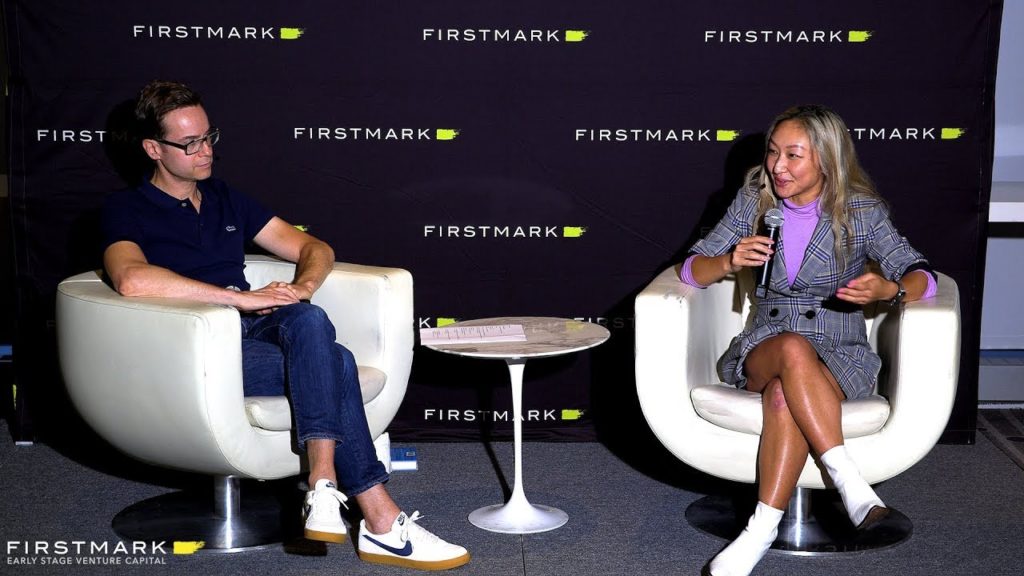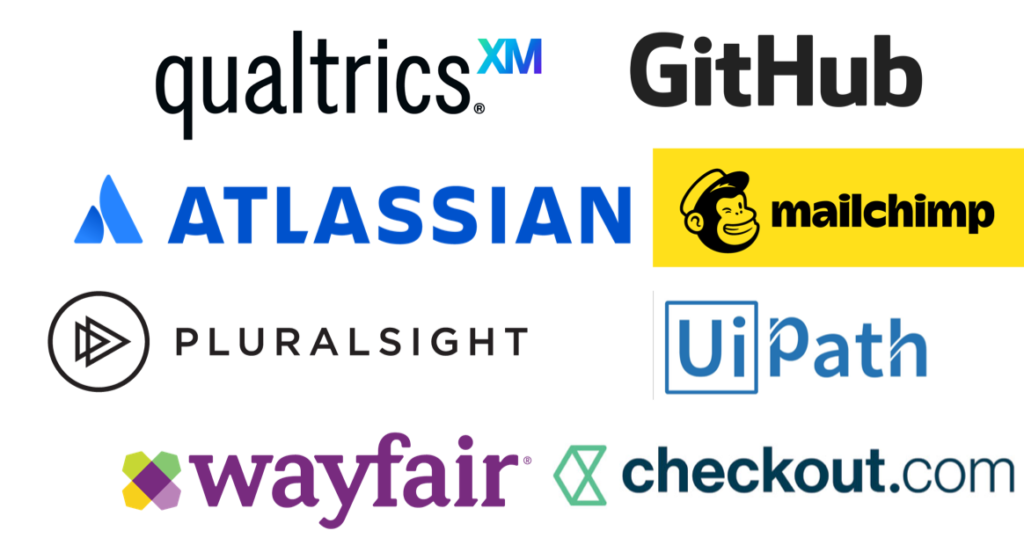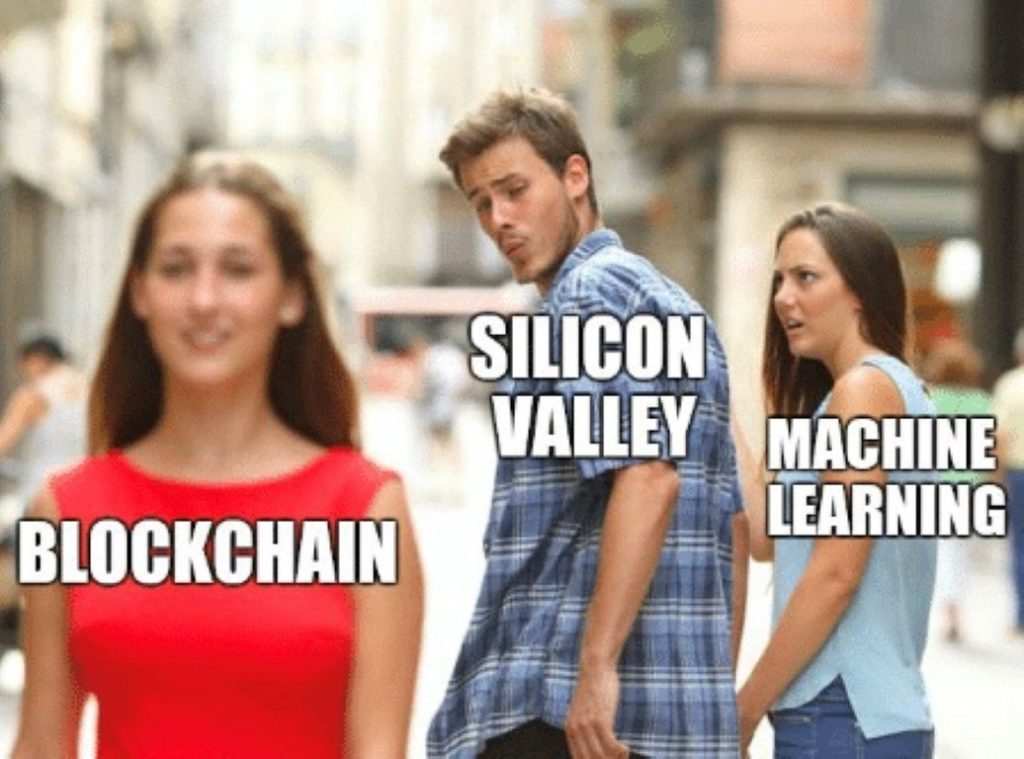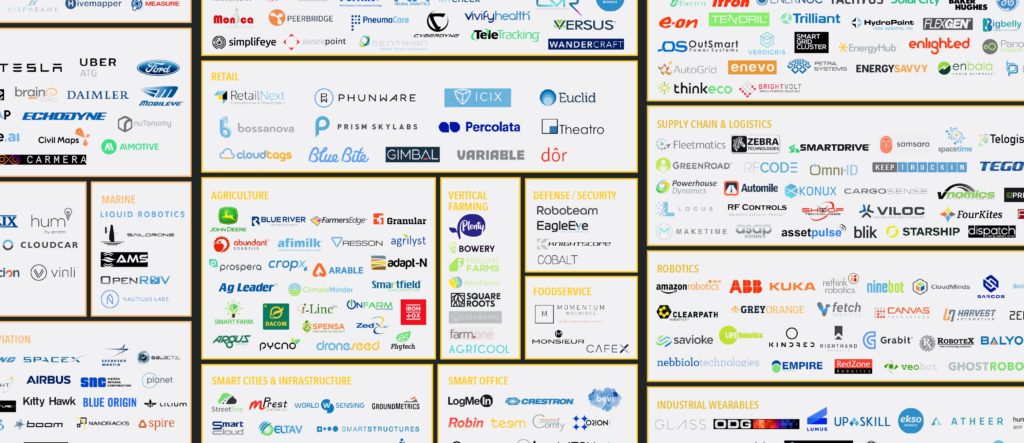Today I’m very excited to announce that I’m joining FirstMark Capital as Managing Director. My main investment focus will be on areas that correspond to my professional background (B2B, enterprise, Big Data, fintech, education, etc.), but I will also happily be open to any big idea involving technology.
As anyone who follows the venture capital industry knows, opportunities of this nature and quality don’t come by very often, and I’m incredibly grateful and honored by the trust that the FirstMark team has placed in me.
At a time when venture capital has been facing substantial challenges and transformation, FirstMark is in my opinion a perfect example of “VC done right”, resulting in much deserved early success:
- Results: Probably in large part because FirstMark’s philosophy has been to focus the light entirely on their entrepreneurs, I don’t think people have quite caught on to just how impressive a firm FirstMark has become in the short span of five years since its creation. In many ways, FirstMark is one of the industry’s best-kept secrets: their first fund ($200 million) is one of the very best of its vintage, and the follow up fund ($225 million) has already had some real breakouts.
- Disruption & Innovation: A quick perusal through the FirstMark’s portfolio immediately tells a story of thoughtful but gutsy bets in a number of highly disruptive plays. Beyond the more visible runaway hits (first VC money in Pinterest), FirstMark has invested in companies reinventing education (Knewton), finance (SecondMarket), television (Aereo), news distribution (NewsCred), gaming (Riot Games) and… your brain (Lumosity).
- Founder/CEO Support: Perhaps the ultimate testament to FirstMark’s approach in my opinion is that the CEOs of its portfolio companies simply rave about the firm. The FirstMark team brings a tremendous amount of intelligence, hard work, experience and connections to the table, as well as a fair amount of New York-style hustle.
- Community and Portfolio Services: The venture capital model has been gradually evolving over the last few years from a capital-centric model (where VCs provide mostly funding and oversight) to a service-centric model (where money is increasingly commoditized and VCs add value by providing a suite of operational services that enable entrepreneurs and their startups to fully realize their success potential). FirstMark is one of the few funds, typically part of a new generation of VCs, that have made a true commitment to providing operational services to their portfolio companies, whether in terms of recruiting, research or knowledge sharing. In my own community-building endeavor (the monthly Big Data event I run, see below), I have experienced firsthand both the level of effort required to pull this off and the tremendous benefits one gets in return, and I was extremely impressed with the current programming and roadmap for community that FirstMark has put in place, with apparently a lot more coming.
Beyond the intrinsic qualities of the firm, perhaps the most important factor that drew me to FirstMark is the effortless personal fit I have with its partners and team. Venture capital can be a tough business, with its fair share of ego and difficult types, so it’s an extraordinary privilege to get to work with a team of highly intelligent, humble, focused, talented and overall great group of individuals.
I will certainly miss my friends at Bloomberg, a company for which I have developed a profound admiration over the years, but I couldn’t be more happy and excited about the future. I look forward to being even more active in the startup community and interacting with many of you.
For those of you in NYC who are wondering, I will still very much continue to run my Big Data meetup (the NYC Data Business Meetup) and in fact I will use the opportunity to take it to the next level over the next few months – stay tuned.









